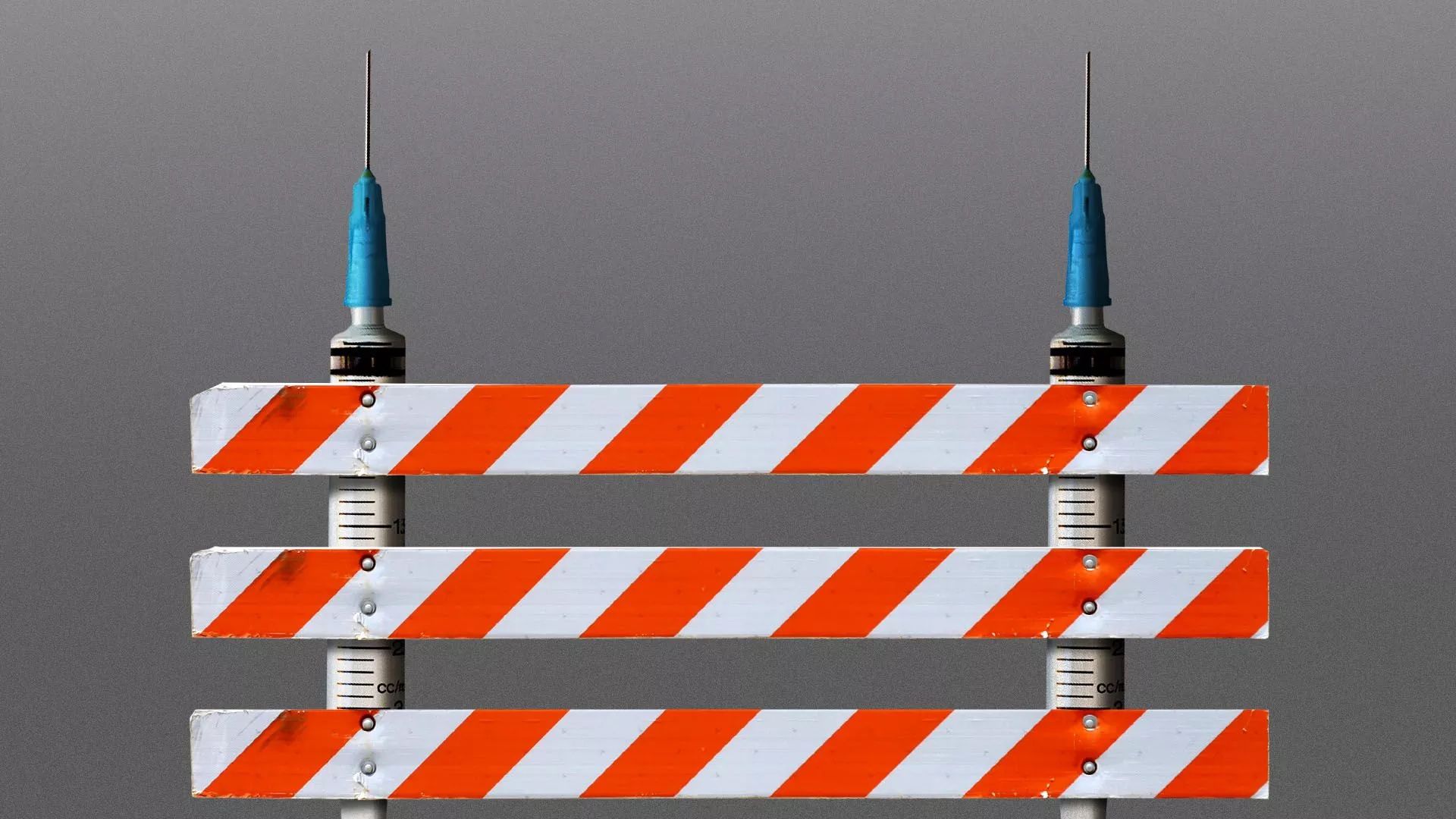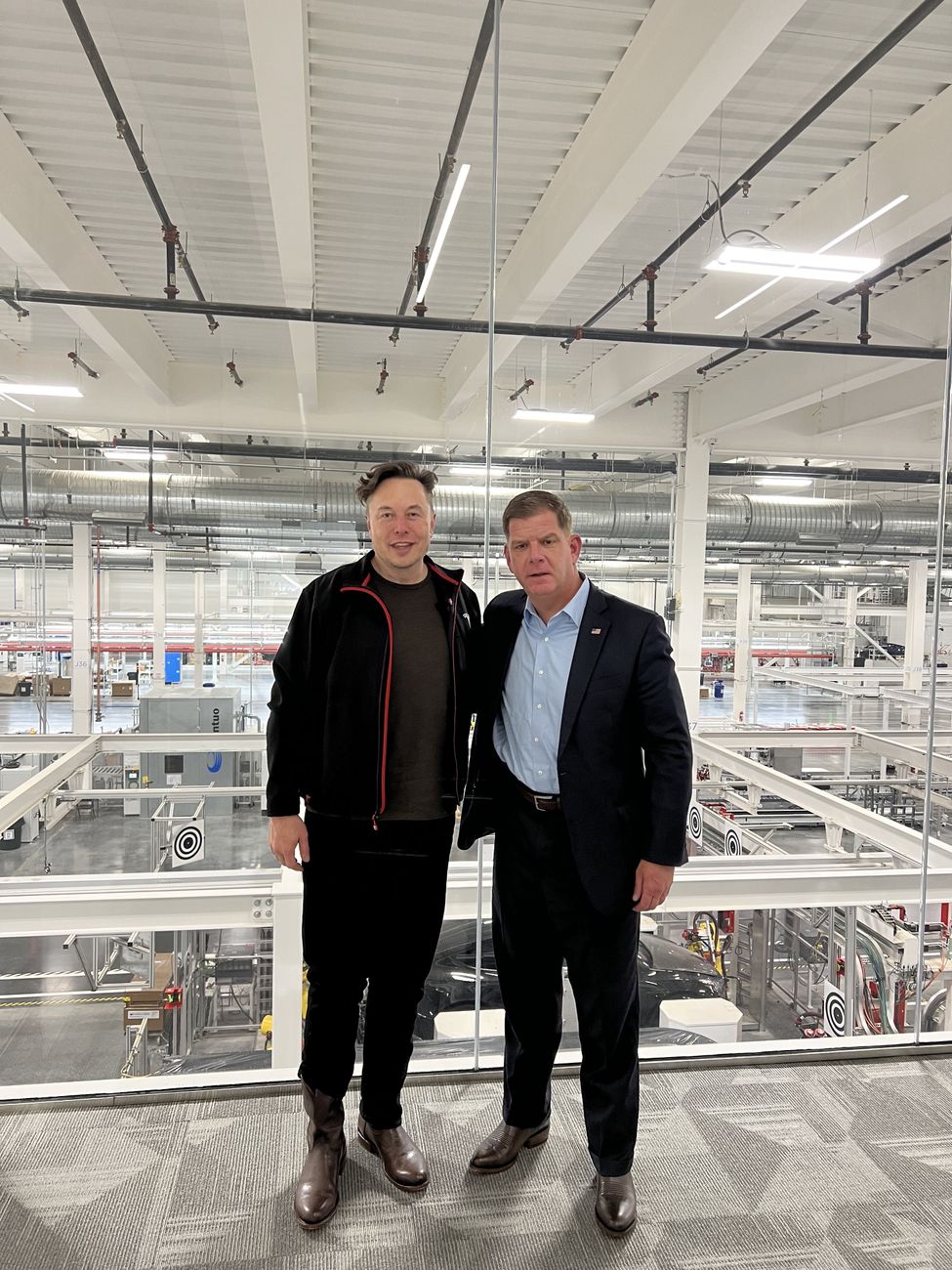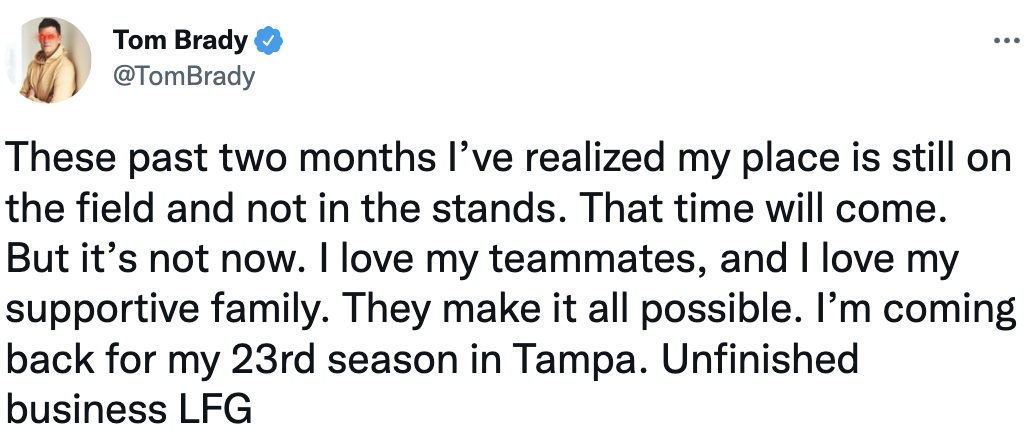| |
| |
| |
| Presented By Facebook |
| |
| Axios AM |
| By Mike Allen ·Mar 14, 2022 |
| 🤠 Good Monday morning from Austin, where I've spent a couple days at South by Southwest, and visiting with the Axios Austin crew. ⚡ New overnight: A pregnant woman and her baby have died after Russia bombed the maternity hospital in Mariupol, Ukraine, where she planned to give birth, AP has learned. Images of the woman being rushed to an ambulance on a stretcher circled the world. - Smart Brevity™ count: 1,196 words ... 4½ mins. Edited by Zachary Basu.
|
| |
| |
| 1 big thing: Post-grad hot spots |
 Data: Generation Lab/Axios research. Map: Kavya Beheraj/Axios The red-blue divide even sways where students want to live after college, Axios' Neal Rothschild, Erica Pandey and Kavya Beheraj report from the new Axios-Generation Lab Next Cities Index. - Austin was the top choice for young Republicans who want to leave their home states after graduation.
- New York topped the list for young Dems.
- Seattle won big with independents.
Between the lines: Austin wasn't in the top 15 cities for Democratic students. New York wasn't in the top 15 cities for Republicans. - Democrats (54%) were more likely to want to leave their home states than Republicans (41%).
Seattle is the overall most desired post-grad destination for college students, according to the survey, conducted by Generation Lab. - Seattle eclipsed several classically popular young-adult destinations, which fill out the top 5: NYC ... L.A. ... Denver ... Boston.
Half the 2,109 respondents (from 2- and 4-year schools; margin of error: ± 2 points) said they want to live outside their home states after graduation. Reality check: 45% said they want to live somewhere different than they think they'll live. |
    |
| |
| |
| 2. America's "Godfather III" moment |
 |
|
| Illustration: Gabriella Turrisi/Axios |
| |
| Russia's invasion of Ukraine threatens to pull the rug out from under our previously pretty sweet economic recovery. It's kind of a Godfather Part III moment — just when you think you're out, they pull you back in, Axios Markets author Emily Peck writes. - Why it matters: We've never ripped an economy as large and as interconnected as Russia's out of the global economic fabric. Russia's economy is reeling, as intended. But you can't do that kind of extraction without hurting yourself in the process.
There already are, and will be more, disruptions to the flow of goods and money in our intricately connected world: - Energy: This is the key pain point. Europe will feel it most acutely. But energy prices in the U.S. are soaring, as markets adjust to life without a supply of Russian oil and gas.
- Cars: Price spikes in metals produced in Russia, like palladium and nickel, will filter into U.S. inflation more slowly. The commodities are used to manufacture automobiles, both electric and gas-powered. That'll pile onto pandemic-era computer chip issues.
- Food: Russia and Ukraine produce a lot of wheat, and prices are surging already. The U.S. isn't a major importer. But a disruption doesn't help at a time when food prices are already rising.
- Supply chain: Already we're seeing backups of ships at some ports because of the war, the N.Y. Times reports (subscription).
The bottom line: It's ugly, folks. |
    |
| |
| |
| 3. Something else we're not ready for: Germ warfare |
 |
|
| Illustration: Sarah Grillo/Axios |
| |
| Former federal officials are warning that the U.S. isn't ready for biological warfare — just as we failed to prepare for a pandemic, Axios' Caitlin Owens writes. - Why it matters: There's no immediate threat. But fears that Russia may use biological or chemical weapons against Ukraine underscore the need to prepare for worst-case scenarios.
"We are far short of looking at these challenges in the same way we look at many of the traditional national security issues we face," said Tom Daschle, the former Senate majority leader. "I think it's the future of the real threats we face in national security." The same stockpile that held masks and ventilators also stores therapeutics and other countermeasures that can be used against smallpox, anthrax, radiation and nuclear burns. - But investment in the stockpile hasn't kept up, by the government's own standards.
- Congress hasn't funded the stockpile at the HHS recommended level, although it did just add more funding in the sweeping spending bill passed last week.
Share this story. |
    |
| |
| |
| A message from Facebook |
| We're making investments in safety and security — and seeing results |
| |
 |
| |
| Facebook has invested $13 billion over the last 5 years to help keep you safe. Over the last several months, we've taken action on: - 62 million pieces of explicit adult content
- 51.7 million pieces of violent and graphic content
See how we're working to help you connect safely. |
| |
| |
| 4. Record number of homes top $1m |
 Data: Redfin. Chart: Baidi Wang/Axios Stunning stat: The number of U.S. homes worth more than $1 million nearly doubled since before the pandemic, to 8.2% in February from 4.8% in February of 2020, Axios' Jennifer A. Kingson writes from Redfin data. - Why it matters: Rapidly appreciating home values are a windfall for those who own them, but also mean that more and more Americans are priced out of the market.
Between the lines: Incomes are rising, but not as quickly as home prices — leaving many people stuck as renters. Redfin, the discount brokerage, says the percentage of U.S. homes valued at $1 million or more has hit a record — a trend led by the Bay Area. - Nearly 9 out of 10 properties in San Francisco and San Jose are million-dollar listings.
- Seven of the top 10 cities for $1m+ homes are in California.
Share this story. |
    |
| |
| |
| 5. America the sad |
 Data: University of Michigan, FactSet. Chart: Axios Visuals Morale among Americans in early March dropped to an 11-year low in the University of Michigan Consumer Sentiment Index released Friday — the bleakest reading since September 2011. - Why it matters: Inflation worries have eclipsed other indicators, which show a pretty strong U.S. economy — with unemployment at just 3.8%, Axios Markets co-author Matt Phillips notes.
|
    |
| |
| |
| 6. 🔋 Musk gives Labor secretary a Giga-tour |
| Provided to Axios Elon Musk hosted Labor Secretary Marty Walsh yesterday at Tesla's Gigafactory Texas outside Austin, during the South by Southwest (SXSW) festival. - The visit came just ahead of a planned April 7 grand opening for the $1.1 billion plant, which is also Tesla headquarters.
I'm told the 75-minute conversation at 1 Tesla Road included inflation, American innovation and, of course, job creation in Texas. - Musk said he wants to keep the conversation going.
Walsh speaks today at SXSW. - Watch a 1-min. time-lapse drone video of the Gigafactory construction.
|
    |
| |
| |
| 7. 🏈 Never mind |
| Tom Brady's return to the Tampa Bay Bucs after his 40-day retirement sparked this column by The Boston Globe's Tara Sullivan: The notion of being "done" has always presented an athlete with one of their hardest and most daunting challenges, and it's a decision that is made for so many of them by circumstances beyond their control. ... So when an athlete gets the opportunity to make that decision on [their] own terms ... they know they are among the lucky few. |
    |
| |
| |
| 8. 🏀 Road to Final Four gets back to normal |
In Fort Worth, the Houston Cougars celebrate punching their ticket to March Madness after defeating the Memphis Tigers, 71-53, yesterday. Photo: Chris Jones/USA Today Sports From familiar names at the top of the bracket — Gonzaga, Arizona, Kansas, Baylor — to the well-worn debates — Why did Coach K get shipped out West? Did somebody do Dayton wrong? — Selection Sunday felt as comfortable as a well-worn Air Jordan, AP's Eddie Pells writes. - Why it matters: March Madness is back to normal, or as close to normal as we get these days. Once-in-a-lifetime game-winners will play out in front of crazy crowds for the first time in three years.
The road ends in New Orleans for the Final Four and championship game, April 2-4. - Players to watch over the next three weeks include Kentucky's Oscar Tshiebwe — one of dozens who switched schools via the amped-up "transfer portal" that is reshaping college hoops at the blink of an eye.
Printable bracket. |
    |
| |
| |
| A message from Facebook |
| We're making investments in safety and security — and seeing results |
| |
 |
| |
| Facebook has invested $13 billion over the last 5 years to help keep you safe. Over the last several months, we've taken action on: - 62 million pieces of explicit adult content
- 51.7 million pieces of violent and graphic content
See how we're working to help you connect safely. |
| |
| 📬 Please urge your friends to sign up here to get their daily essentials — Axios AM, PM and Finish Line. |
 | It's called Smart Brevity®. Over 200 orgs use it — in a tool called Axios HQ — to drive productivity with clearer workplace communications. | | |












No comments:
Post a Comment